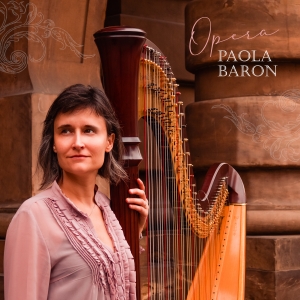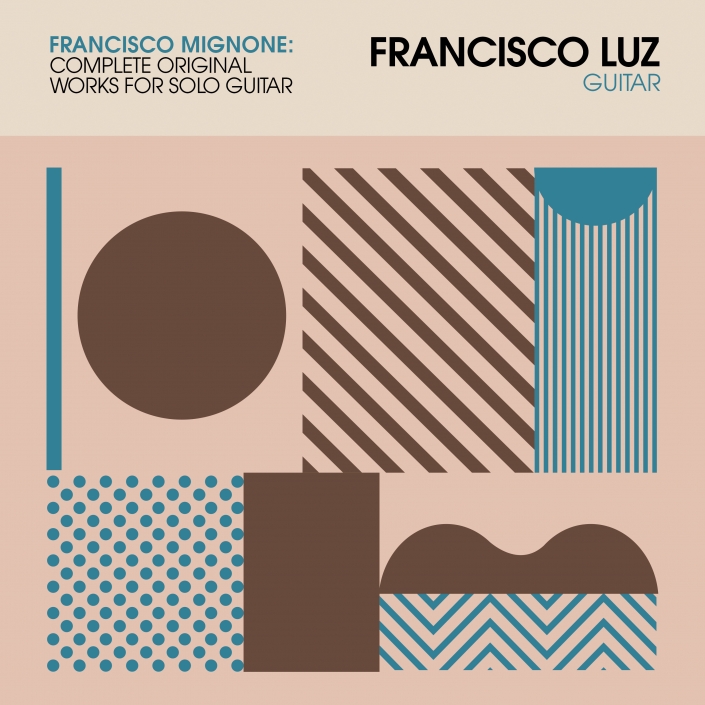Through the complex purity of the harp, Paola Baron takes an intimate look at opera. She turns to the legacy of bringing this repertoire to solo music. A necessary revisitation, as the musical production of the stage and private life leading up to the 19th century, partly obscured in the era of early recordings, cannot be fully glimpsed.
Opera, in different ways, manifests that the limits of the harp are not known. It celebrates the art of “translating” immense musical groups for the instrument. It attests that a single performer can bring varieties of textures and sound levels sometimes seen as exclusive to musicians’ ranks.
In this reunion with the works, Opera is about finding.
In Liebeslied from “Die Walküre”, when hearing echoes of the melodies in the octave harmonics, hints of Oberthür’s inventiveness in adapting Wagner’s composition for harp are already perceived. In Samson et Delila, Act 2: Mon coeur s’ouvre à ta voix, the arpeggios of Snoer’s arrangement merge with Saint-Saëns’s pen as if they belonged together from the genesis. In Lucia di Lammermoor, Act I: Scene 2 (Excerpt), Zabel creates a cadenza ad libitum that is, in itself, a masterpiece. He also traces a prolific interaction of surprises with Donizetti’s original line for harp.
Paola Baron has long allowed audiences to rediscover this repertoire. In this album, with Fantasia su “Madama Butterfly” (After Giacomo Puccini), she adds her own arrangement to this tradition (inspired by Charles Godfrey Jr.’s adaptation for piano), marked by expressive scope and versatility in her touch.
Text: Daniel Bento – @enxerguemusica






